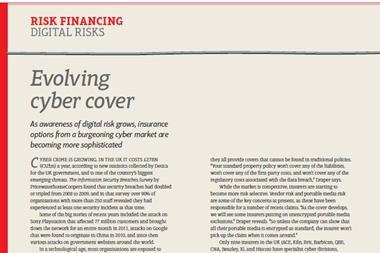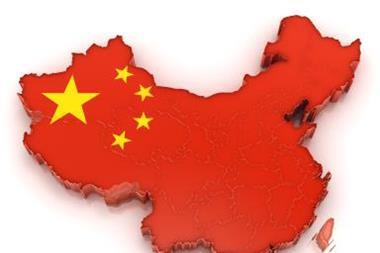There’s a global war being conducted on the Internet, with China and Russia going all out to steal commercial secrets from the West, say security experts
China and Russia are suspected of being behind cyber attacks against “international economic assets”, according to risk advisers KCS in a briefing on cyber crime in China. And it’s clear which “international economic assets” they are talking about – foreign companies.
KCS believes the problem is a major international security concern.
Its worries are backed by Western cyber crime watchdogs, which say that cyber attacks constitute one of the biggest threats to the West’s economic activity.
The World Economic Forum, in its Global Risks 2012 report in January, claimed that “the dark side of connectivity” is potentially the most serious threat to future prosperity in the West.
But companies are not taking this threat seriously enough, if another global business survey – this time by Allianz Global Corporate and Specialty (AGCS), which is involved in cyber risk insurance – is to be believed.
According to the poll by AGCS, Allianz’s industrial insurance arm, IT and cyber risk are still neglected and underestimated. Only 1% of respondents to AGCS’s global survey named cyber and IT risks as a key concern.
And yet, last year, a report by the US national security office found that cyber attacks by Chinese and Russian intelligence services, as well as corporate hackers in those countries, had netted large amounts of hi-tech US research and development data.
“The governments of China and Russia will remain aggressive and capable collectors of sensitive US economic information and technologies, particularly in cyberspace,” the US government report said.
That stolen information has helped China and Russia develop their economies, according to KCS. Chief executive Stuart Poole-Robb says:
“Western intelligence agencies feel that China, in particular, has made industrial espionage an integral part of its economic policy, stealing company secrets to help it outdo the USA and other foreign competitors to further its goal of becoming the world’s largest economy.”
And in a January column in the Wall Street Journal, former US Director of National Intelligence Mike McConnell said: “The Chinese government has a national policy of economic espionage in cyberspace. In fact, the Chinese are the world’s most active and persistent practitioners of cyber espionage today.”
But it is not just company secrets that these nations are after. In a speech to the International Institute for Strategic Studies last year, Iain Lobban, director of the UK government’s spy centre, GCHQ, said: “It is true that we have seen the of intellectual property on a massive scale, some of it not just sensitive to the commercial enterprises in question but also of national security concern.”













